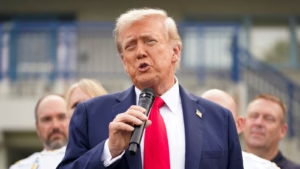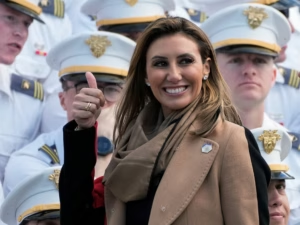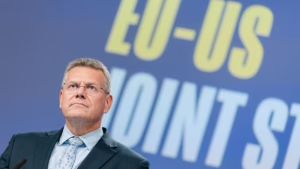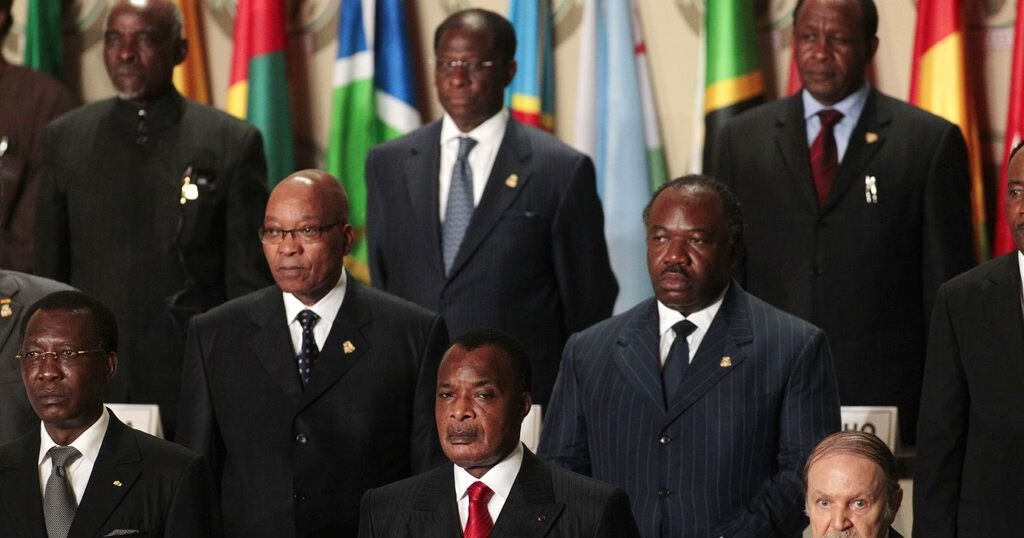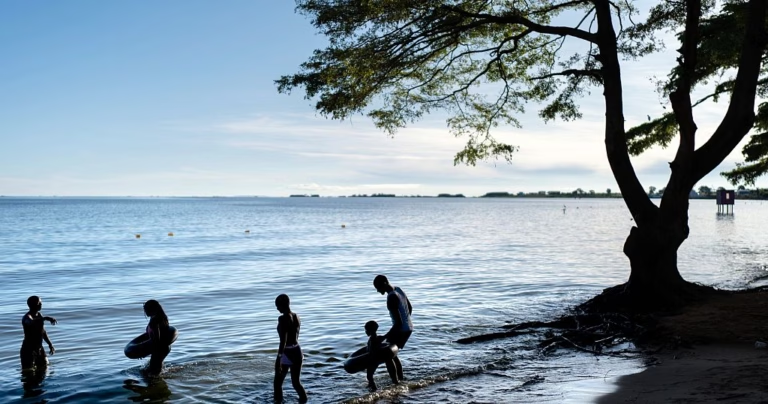
A joint study by Pangea-Risk and Acre Impact Capital, titled “The Impact of Political Change on Africa’s Credit Outlook in 2025,” reveals that the Mahama administration has rescinded five taxes introduced in 2023 as conditions for an IMF loan. Among these are a 1% levy on mobile money transactions and VAT on vehicle insurance. Although these tax cuts, amounting to approximately $430 million annually, aim to offer relief to households, they are also projected to widen Ghana’s fiscal deficit and could put additional strain on its $3 billion IMF program.
“The repeal of taxes associated with the IMF could tighten Ghana’s fiscal situation and strain its relationship with the IMF,” the research indicates. With Ghana cut off from most international credit markets, its government is working to renegotiate terms with the IMF, a delicate balance between economic appeals to the populace and maintaining fiscal control.
Throughout Africa, the election cycles of 2024 and 2025 are putting the financial health of fragile democracies to the test. From Ghana to Gabon, political transitions, ranging from peaceful to tumultuous, are influencing investor confidence, changing fiscal policies, and revealing inherent vulnerabilities in African economies laden with debt.
In South Africa, the end of the ANC’s parliamentary majority after 30 years has led to the establishment of a coalition Government of National Unity (GNU). Although the financial markets initially responded positively with the rand appreciating by 4% and a surge in local bonds and the Johannesburg Stock Exchange, this optimism appears to be waning.
“GNU partners have already forced the ANC-led ministry of finance to limit the planned VAT rise from 2% to 1%, to be spread over two years,” the report highlights, cautioning that this decision will cap revenue growth. South African public debt is expected to hit 76.2% of GDP in 2025/26, with a significant portion of government revenue dedicated to debt servicing. Nonetheless, the country benefits from a robust domestic credit market, offering protection against global financial instability.
Cameroon’s economic fragility stems from political uncertainty. President Paul Biya, aged 92, is set to contest the October 2025 elections, causing apprehension about leadership succession and continuity. The IMF program in Cameroon concludes in July, and further support relies on arduous fiscal reforms, such as achieving a $151 million surplus by March and strict borrowing controls to boost non-oil tax revenues to $1.67 billion. Yet, in November 2024, Cameroon secured less than 30% of its target $22 million bond issuance, revealing investor hesitation amidst the political climate.
Unlike the cautionary tales in other nations, Côte d’Ivoire, despite burgeoning political tensions over a possible fourth term for President Alassane Ouattara, displays economic resilience. “The nation’s commitment to reform and prudent debt management has resulted in credit rating improvements and favorable IMF assessments,” the report states.
With a thriving economy fueled by oil, gas, and mining, Côte d’Ivoire is poised to cut its fiscal deficit from 4.5% in 2024 to 3% in 2025. In December 2024, it executed a landmark debt swap backed by the World Bank, converting $420 million in costly commercial debt into more favorable financing, a strategy expected to save $350 million over five years.
In Gabon, the shift from military rule is progressing swiftly and with inherent risks. The interim government, led by General Brice Oligui Nguema following the 2023 coup, has set April 12, 2025, as the date for elections, aiming to regain international standing.
Despite facing financial strain, the government has upped infrastructure spending by 67% and increased public sector wages by 12%. These moves have pushed Gabon’s debt-to-GDP ratio beyond the 70% threshold set by the Economic and Monetary Community of Central Africa (CEMAC), with forecasts suggesting it could exceed 80% in 2025.
In January 2025, the World Bank halted funding due to $27 million in unpaid debts. To prevent defaulting on a $605 million Eurobond due in June, Gabon arranged a buyback of half the bond through Morocco’s Attijariwafa Bank and floated a new $570 million Eurobond in February. “While expensive, the refinancing maneuver has alleviated immediate repayment pressures,” the report explains. A peaceful election in April could fortify Gabon’s position in negotiations with the IMF and possibly unlock concessional funding for infrastructure developments.
Source: http://www.africanews.com/2025/04/27/political-upheaval-is-redrawing-africas-fiscal-landscape/
